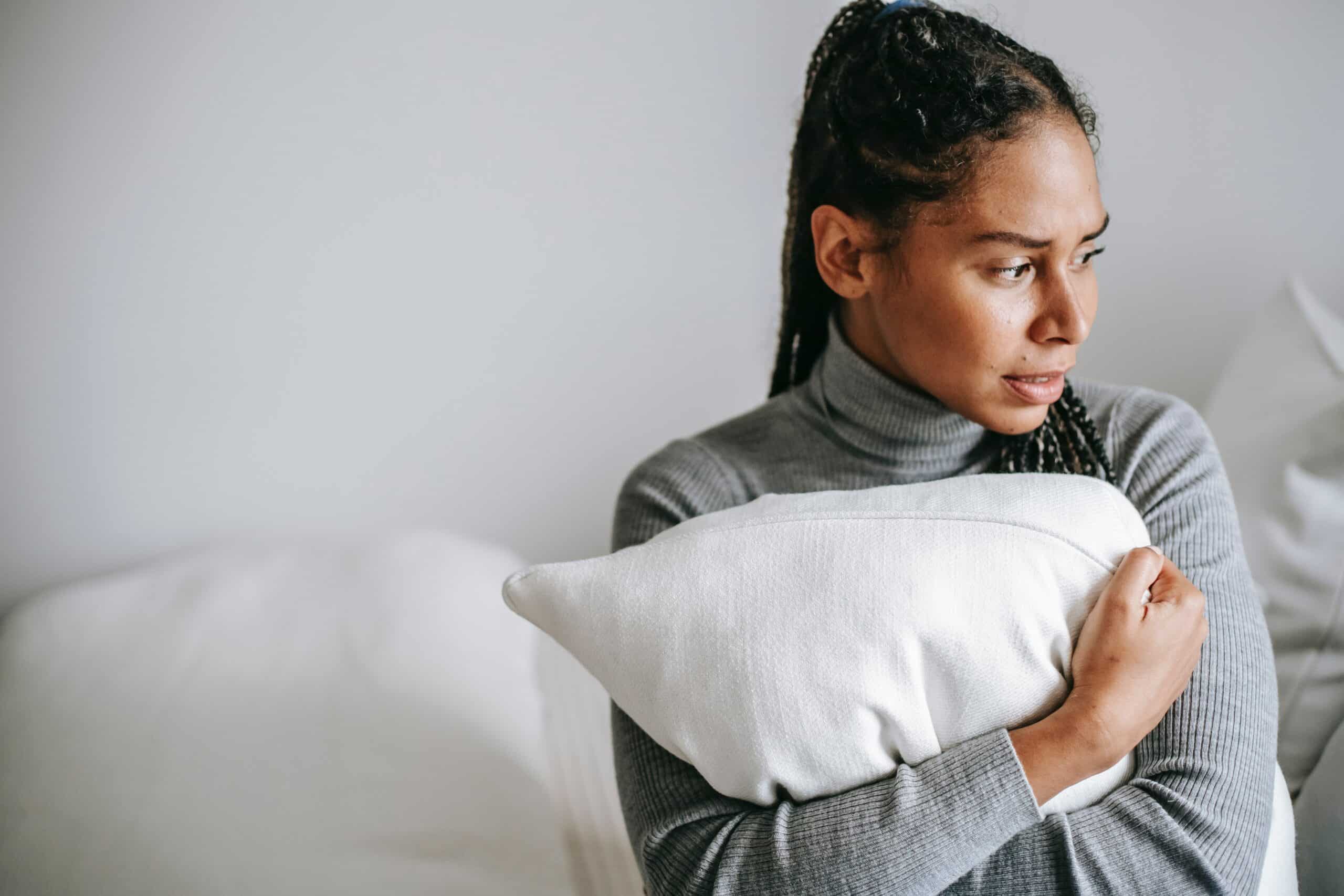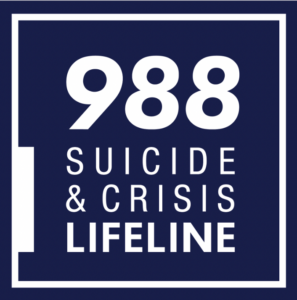DEPRESSION COUNSELING IN FORT WORTH, TEXAS
Depression is often a misunderstood mood disorder. When feelings of sadness last for a long period and start interfering with your everyday life, there is a chance that you have depression.
Depression Counseling with Fort Wellness Counseling in Fort Worth, Texas is about you and treating your unique condition.
It is important to mention that these are broad generalizations regarding depression, depression in women and depression in men. Every person is different and many of the types of depression overlap for both genders.
WHAT IS DEPRESSION?
Depression is a common and serious mood disorder that causes persistent sadness and affects day-to-day functioning. Sometimes you may feel like life isn’t worth living and have trouble functioning or doing normal daily tasks.
Depression is also called a major depressive disorder or clinical depression, and affects how you feel, think, and behave. It isn’t something you can quickly snap out of and could require long-term treatment. Fortunately, depression is a treatable and manageable condition. Therefore, you can work through depression with professional depression counseling with a licensed and skilled therapist.
Depression Statistics
- Over 1 in 10, youth in the U.S. are experiencing depression severely impairing their ability to function at school or work, at home, with family, or in their social life.
- 16% of youth report suffering from at least one major depressive episode in the past year.
- More than 2.7 million youth are experiencing severe major depression.
- 60% of youth with major depression do not receive mental health treatment.
- Nationally, only 28% of youth with severe depression receive some consistent treatment (7-25+ visits in a year). Most (57.3%) youth with severe depression do not receive care.
- According to the U.S. Census Household Pulse Survey, the percentage of adults reporting symptoms of anxiety and depression increased from 11% to about 40% from 2019 to 2020.
- Significant racial and geographic disparities exist for youth with severe major depressive episodes. Rates of severe major depressive episodes were highest among youth who identified as more than one race, at 16.5% (about 123,000 youth).
- 22.87% of adults who reported experiencing 14 or more mentally unhealthy days each month were unable to see a doctor due to costs.
- In Texas, three-quarters of youth with major depression did not receive mental health treatment.
- 14.7% of youth with severe MDE received 1-6 visits in the previous year. Most (57.3%) youth with severe depression do not receive care.
What are the symptoms of depression?
Symptoms of depression must last for at least two weeks and coincide with a significant change in your daily functioning for it to be diagnosed as depression.
Depression affects each person differently; symptoms can vary from mild to severe. The most common symptoms include:
- Loss of interest in activities you once enjoyed
- Feelings of deep sadness
- Sleeping too much or too little
- Significant feelings of fatigue
- Little to no energy
- Change in appetite resulting in weight loss or weight gain
- Difficulty in concentrating
- Thoughts of suicide
What are the triggers for depression?
While there are some common triggers, depression has also been known to arise without any cause. Family history can also play a factor, as genes can cause depression. Additionally, medical conditions can mimic depression, such as vitamin deficiency or thyroid issues.
- Physical trauma
- Emotional trauma
- Mental trauma
- Loss of a loved one
- Family events
- History of depression
- Loss of a parent, especially before 10
- Common triggers include
- Major life event
- Moving or relocating
- Losing your job
- Break up, separation, or divorce
- Traumatic event
- History of other mood disorders

Depression in women
Depression can impact every area of a woman’s life, such as physical health, sense of worthiness, relationships, etc. Additionally, it can be complicated by hormones, response to stressors, and everyday life pressures. Research shows that women are twice as likely as men to suffer from depression. An estimated one out of every four women will have a major depressive episode during their lifetime.
As girls begin experiencing puberty, research shows that the risk of developing depression is two times more likely than boys at the same age. Researchers attribute this to hormonal changes during puberty in a young woman’s life.

Types of Depression Specific to Women We Treat at Fort Wellness Counseling in Fort Worth, Texas
Premenstrual Dysphoric Disorder (PMDD)
Premenstrual syndrome, or PMS, refers to moodiness and irritability in the weeks before menstruation. It’s not common, but this more severe form of PMS is called premenstrual dysphoric disorder (PMDD). PMDD is a serious condition with disabling symptoms such as irritability, anger, depressed mood, sadness, suicidal thoughts, appetite changes, bloating, breast tenderness, and joint or muscle pain.
Perinatal Depression
The word “perinatal” refers to the time before and after the birth of a child. Perinatal depression includes depression that begins during pregnancy (called prenatal depression) and depression that starts after the baby is born (called postpartum depression). Pregnancy and motherhood are challenging for many women, and Perinatal Depression is a mood disorder that can affect women during and after childbirth. Baby blues are common, but perinatal depression is far more severe and lasts longer than two weeks.
Perimenopausal Depression
Perimenopause (the transition into menopause) is a normal phase in a woman’s life that can be difficult for many. Mood swings are common, but feelings of depression are not. If you are struggling with sadness, irritability, or loss of enjoyment during the menopause transition, you may have perimenopausal depression.
Signs and Symptoms of Depression in Women:
Some of the depressive signs and symptoms that can be more common or noticed more often in women than men include:
- The length of time that depression lasts is often longer than for men
- Intense feelings of guilt, worthlessness, helplessness, and hopelessness
- Women are more likely to attempt suicide
- Depression can happen earlier in life for women than for men
- A depressive episode can last longer and be more likely to reoccur
- Commonly associated with other disorders such as eating disorders, anxiety disorders, or others.
- Interpersonal relationships, personality traits, and psychological characteristics may also come into play.
- Pessimistic outlook and feeling empty
- Loss of interest in sex
- Excessively crying
- Struggles with anxiety
- Feeling cranky and irritable
- Difficulty remembering and concentrating
- Loss of pleasure in hobbies
- Increase in depression due to hormonal fluctuations and societal expectations
- Thoughts of self-harm
- Suicidal thoughts or suicide attempts
- Physical issues such as headaches, chronic pain, and digestive issues
- Depression is more likely to be associated with another disorder, such as anxiety disorder, eating disorder, or panic disorder
- Women can also have an increased risk of developing depression due to genetic, reproductive, and biological factors.


Depression in men
It is the norm for men to ignore the depression or refuse treatment due to societal expectations and the stigma around mental health. According to the American Psychological Association (APA), an estimated 9% of men in the United States have feelings of depression every day. Additionally, suicide rates in the U.S. are four times higher for men than for women.
The act of asking for help is commonly challenging for men. However, depression will likely become more severe without treatment. Untreated depression often causes conflict in all areas and creates a downward spiral.
Common Risk Factors of Depression in Men:
Environmental stress:
Environmental stressors like financial problems, relationship issues, work problems, grief or loss, work problems, significant life changes, or other significantly stressful situations can trigger depression in men
Resisting treatment and reluctance to admit or discuss signs of depression:
The stigma around mental health makes it hard for men to talk about the symptoms of depression. Additionally, it can be because of the societal norms placed on men, such as the emphasis on self-control and masculinity associated with not expressing emotions. Furthermore, there’s the fear around how it could impact their professional or personal life. As a result, men suppress feelings of depression and resist treatment.
Suicide Risk in Depression
Depression is a significant risk factor for suicide. This is especially true for clinical depression, which is more severe depression. When one gets into a spare of hopelessness and deep despair, taking your own life can feel like the only way to escape. Suicidal behavior or talk should never be taken lightly. Here are some suicide risk warning signs to watch out for
- Expressing feelings of being trapped in hopelessness
- Mentioning harming one’s self
- Abnormal or unusual worry of dying
- Out-of-character behavior, like acting recklessly
- Abnormal conversations as if it’s saying goodbye
- Giving away important possessions
- Sudden change in mood from being down to being happy
- Saying, “everyone would be better off without me.”
It is important to mention that although women attempt suicide more often than men, the reality is that men are more likely to be successful with their suicide attempts. There are a few reasons why this is the case:
- Men use more severe methods when attempting suicide, such as guns.
- Men may be more impulsive when they have suicidal thoughts.
- Men tend to show fewer warning signs — they’re less likely to talk about suicide before attempting it.
Seeking Help and Treatment for Depression in Fort Worth, Texas
Untreated depression can cause conflict in literally every aspect of life. Everyone is different, so it’s important to work with a therapist to find the best methods for each person individually. Often a combination of the following is used in treating depression:
Cognitive Behavioral Therapy (CBT)
Research shows that cognitive behavioral therapy has been more effective than antidepressant medication in some cases.
Talk Therapy
Psychotherapy, or talk therapy, allows you to process, explore, and understand your emotions. You can uncover patterns and other areas that can help reduce symptoms of depression.
Self-Help Techniques
Treating oneself has been known to be effective in treating depression. Some self-help techniques that can help treat depression include mindfulness, meditation, yoga, exercise, a healthy diet, water intake, healthy sleep hygiene, journaling, and nature.
Medication
Medication, such as antidepressants, can be effective in treating symptoms of depression in combination with therapy. They shouldn’t be used solely or seen as the cure; however, they can relieve symptoms. While we don’t have a psychiatrist on staff, we have several providers in the area that we refer to that can help in this realm if it’s necessary.

Make Real Change and Create A Higher Quality of Life Through Depression Counseling at Fort Wellness Counseling in Fort Worth, Texas
When you decide to treat your depression, you’re showing a sign of incredible strength. You’re investing in your mental health, which is important and something to take great pride in. It’s important not to ignore these feelings, as depression is a serious mental health condition that can impact your overall well-being. If you think you have depression, reach out and schedule an appointment with one of our Fort Worth Counselors at Fort Wellness Counseling in Fort Worth, Texas.


Elaine Garrison, MBA, MS, LPC
Elaine Garrison, MBA, MS, LPC has extensive experience in helping individuals with a wide range of presenting issues. Elaine is certified in EMDR and works with individual clients. Elaine specializes in trauma, anxiety and depression. She's known for her expertise in treating clients with EMDR.
GET SCHEDULED WITH ELAINE

Karen Blandino MEd, LPC
Karen Blandino, MEd, LPC has over a decade of experience in helping individuals, couples, and families as a therapist. She works with teenagers, and adults and specializes in anxiety, depression, grief, post-traumatic stress disorder, religious/spiritual trauma, narcissistic abuse, and trauma.
GET SCHEDULED WITH KAREN

Kim Garrett, LCSW-S, LCDC, CCISM, MBA
Kim has extensive experience and has worked for over 30 years in a variety of clinical settings. She's experienced in an array of topics and is very well respected by her colleagues. She is known for her specialties and expertise in trauma, anxiety, depression, and grief.
GET SCHEDULED WITH KIM

Rane Wallace, MS, LPC, LCDC, SAP
Growing up, Rane always loved taking things apart and putting them back together. This affinity for figuring out how things work now translates into his innate ability of helping clients understand why they see things the way they do.
GET SCHEDULED WITH RANE

If you or a loved one is experiencing a crisis, there is help.
The 988 Suicide & Crisis Lifeline is a national network of local crisis centers that provides free and confidential emotional support to people in suicidal crisis or emotional distress 24 hours a day, 7 days a week in the United States.

